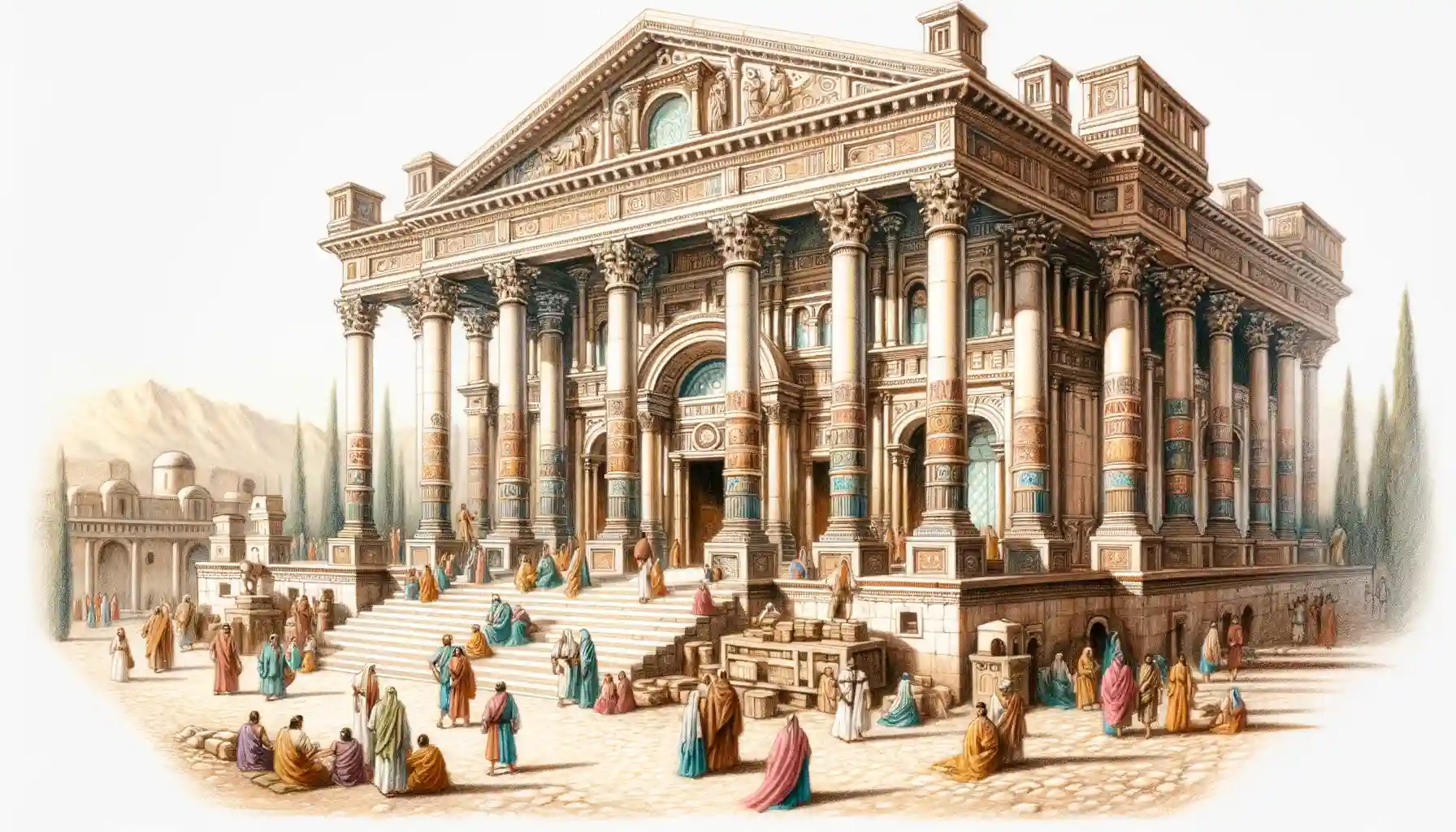Jesus Christ, central to Christianity, is believed to be the divine Son of God who came to earth to offer salvation through His teachings, death, and resurrection. His life and miracles, documented in the New Testament, continue to inspire and guide millions of believers worldwide.
The Epistle to the Ephesians, written by the Apostle Paul, provides profound insights into the spiritual blessings and unity of the early Christian church, emphasizing the importance of ethical living and the role of the church in God’s redemptive plan.
The Book of Amos is structured into oracles against the nations, speeches highlighting social injustices, and visions of judgment, all emphasizing themes of justice, true worship, and divine sovereignty, culminating in a message that covenantal obligations are fundamentally moral and ethical, demanding a society where equity and righteousness are upheld, ultimately affirming God’s commitment to both judgment and mercy.
Romans 12:2 exhorts believers to reject the prevailing values of secular society and undergo a profound transformation through the renewal of their minds, enabling them to discern and embrace God’s good, pleasing, and perfect will.
The Book of Malachi serves as a poignant reminder of God’s fidelity and the expectations He sets for His followers, paving the way for New Testament teachings and the coming of John the Baptist as the “messenger” foretold in the prophecies.
Isaiah’s writings are celebrated for their literary beauty, depth of theological insight, and their prophetic vision into the future of God’s world.






